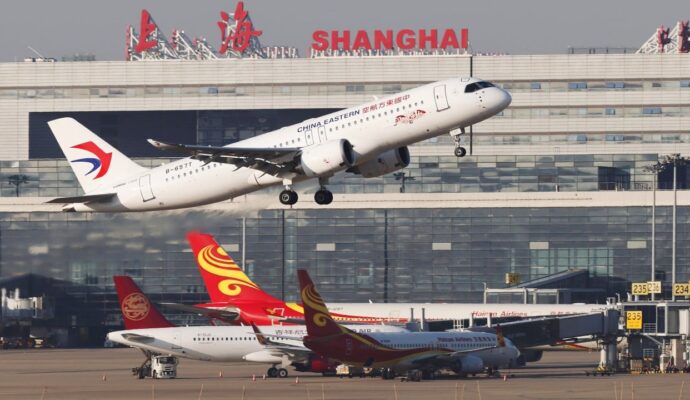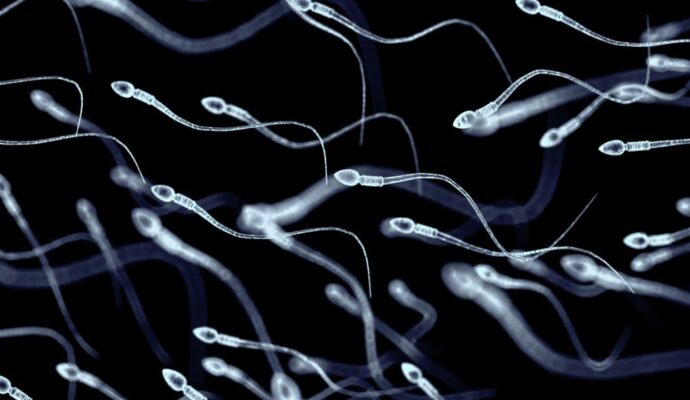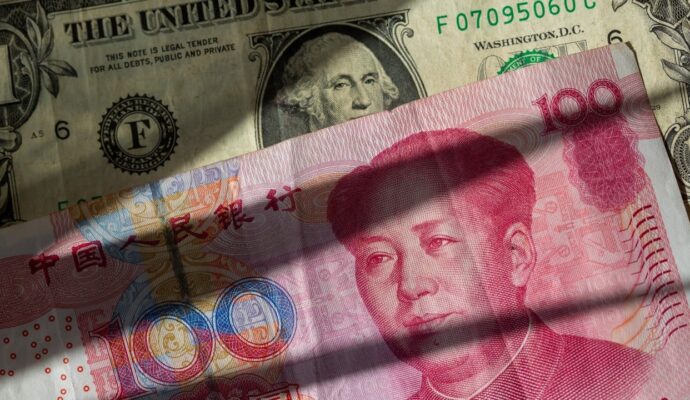
He gave the examples of policy strategies during the Mao era such as “Exceeding the UK, catching the USA” on steel production, and the decades of tension between China and Russia that saw Chinese accusing their neighbours of “Soviet revisionism” – meaning that Moscow deviated from the path of socialism.
Yan said some students had developed better judgment about basic current affairs – including international relations, which he teaches – after talking to their parents and others about their experiences during the Cultural Revolution.
His remarks offer a rare glimpse into how some Chinese educators are seeking to contain a rise in nationalism among university students who heavily consume social media.
Yan previously described China’s Generation Z as being overconfident about the country’s power and showing hostility towards “evil” Western countries, in a speech last year. He attributed this growing nationalism among people born after 2000 mainly to key opinion leaders online, and said students were influenced by conspiracy theories and economic determinism.
While domestic news is strictly controlled, Chinese internet regulators are more lenient on fake news about international affairs – especially fake news about other countries, much of which is focused on the failures of other governments as opposed to China’s prosperity.
In his latest report, Yan said he had warned students about getting their news from social media.
“We have told students not to rely on articles posted to social media accounts as sources of information,” he said. “At least you need to read articles with a real byline.”
He said similar anonymous articles were also common during the Cultural Revolution. “Some used pseudonyms because they understood what they wrote was not the facts,” he said in the report.
The Cultural Revolution – a decade of political upheaval unleashed by Mao in 1966 – brought huge disruption to the country, with university education being suspended for many and intellectuals persecuted.
While the party has referred to this period as “a decade of catastrophe”, it is rarely spoken about in the public sphere.
In his report, Yan also said it was not the best time to get candid and honest information in China, pointing to the number of times the phrase “seek truth from facts” had appeared in Communist Party mouthpiece People’s Daily in recent decades.
“We found that the period with the lowest count was the Cultural Revolution, and it picked up after reform and opening up,” he said. “It reached its peak in 1979, and is currently at a relatively low level.”
After his presentation, Yan was asked how to stop students from becoming “little pinks”, or young Chinese nationalists. His advice was to try to demonstrate that there are alternative views, instead of seeking to prove the students wrong – and that they should be encouraged to talk to their parents about the country’s past.
“In a recent final class, the students said they were now better equipped to tell fact [from fiction] at the end of the course,” he said. “They had stopped believing in random content they found on the internet, and they can now tell straightaway [when it’s] fake.”



